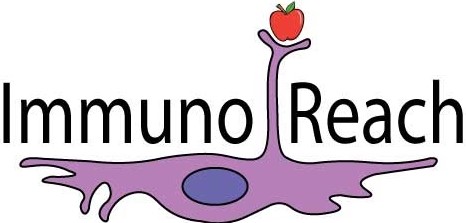
Bacteria to Brains in Backyard Coyotes: An Interdisciplinary Pedagogical Case Study
Author(s): Adam Kleinschmit1, Andrea Bixler2
1. Department of Natural and Applied Sciences, University of Dubuque, 2000 University Ave, Dubuque, IA 52001 2. Department of Science and Mathematics, Clarke University, 1550 Clarke Dr., Dubuque, IA 52001
396 total view(s), 68 download(s)
Summary:
Our interdisciplinary pedagogical case study explores the differences between rural and urban coyotes at the levels of organismal and community ecology. The focus is on how coyotes’ gut microbiomes could affect their behavior via changes in the…
more
Our interdisciplinary pedagogical case study explores the differences between rural and urban coyotes at the levels of organismal and community ecology. The focus is on how coyotes’ gut microbiomes could affect their behavior via changes in the immune, endocrine, and nervous systems. The health and fitness of rural and urban coyote populations vary dramatically. Urban coyote health is poor as a result of their consumption of carbohydrate-rich anthropogenic food, compared to the natural protein-rich diet found in natural food sources. This case explores how altered microbiomes resulting from differences in diet can influence behavioral changes through the gut-brain axis, involving multiple physiological systems. The case showcases the interdisciplinary nature of science by having students explore the connection between macro- (whole organisms and communities of organisms) and micro-level (cellular and molecular interactions within an organism) systems. The case study is designed for introductory biology undergraduate students but can be adapted for more advanced and subdiscipline-focused courses within the life sciences.
CourseSource DOI: https://doi.org/10.24918/cs.2024.3
